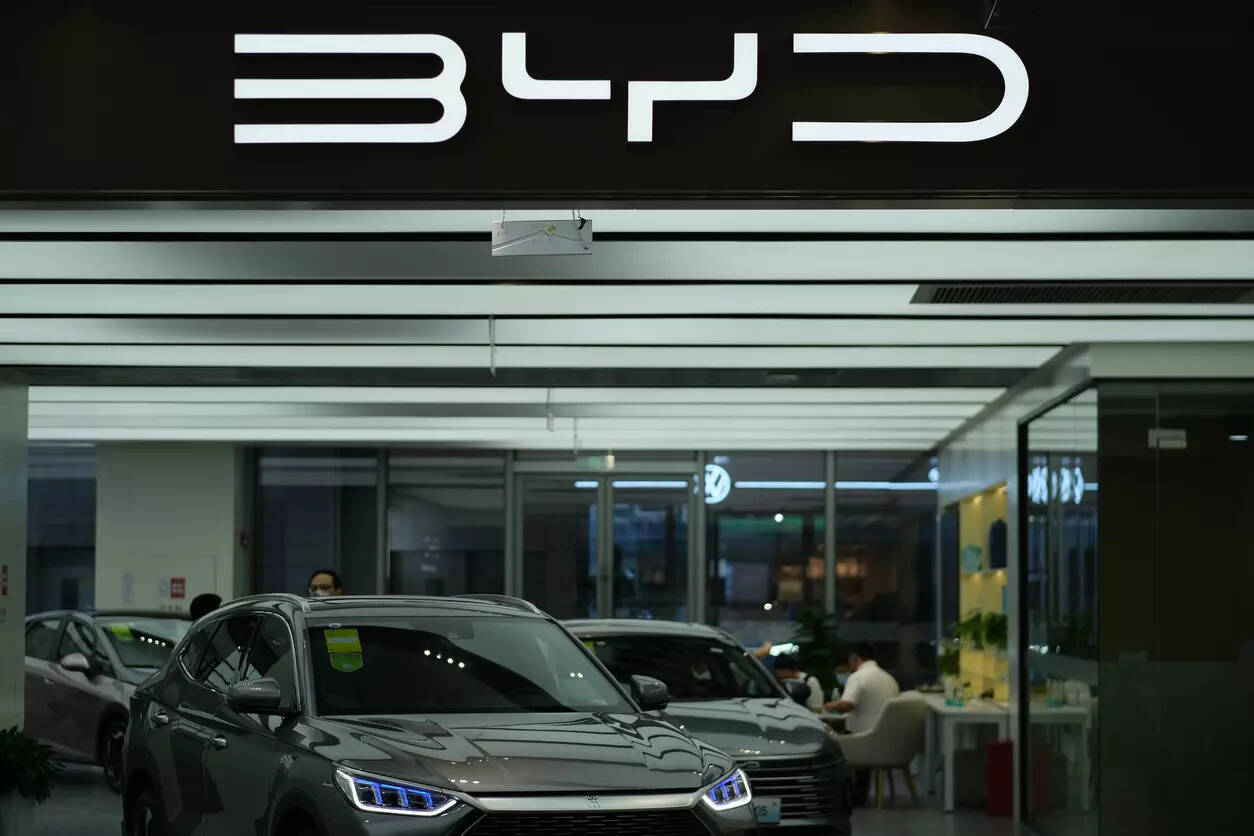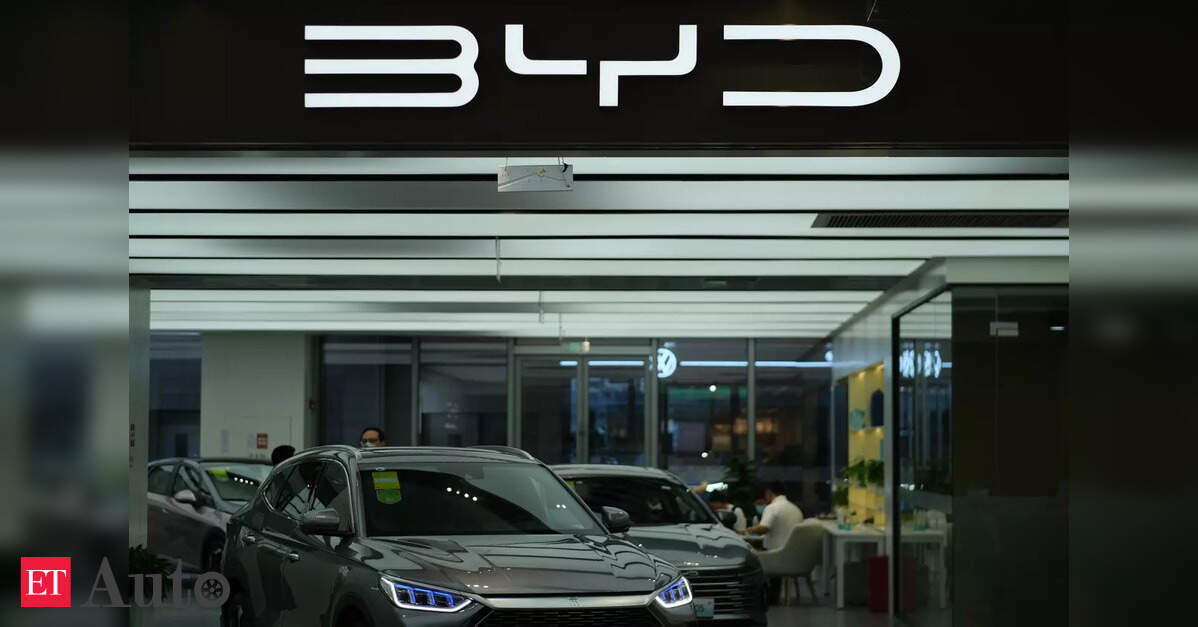 China’s car sector has been at the centre of President Xi Jinping’s push against price wars, with officials blaming steep discounts, known locally as neijuan or “involution”, for contributing to deflation.
China’s car sector has been at the centre of President Xi Jinping’s push against price wars, with officials blaming steep discounts, known locally as neijuan or “involution”, for contributing to deflation.BYD has warned that China’s car industry will face a sharp contraction as Beijing intensifies its campaign against aggressive discounting, saying that about 100 manufacturers will need to exit the market.
Talking to Financial Times, the company’s executive Vice-President Stella Li said at the Munich motor show that “some of the original equipment makers will be pushed out” following the government’s clampdown. “Even 20 OEMs is too much,” she added.
China’s car sector has been at the centre of President Xi Jinping’s push against price wars, with officials blaming steep discounts, known locally as neijuan or “involution”, for contributing to deflation.
Market consolidation expected
Until now, around 130 manufacturers have been competing for share in the world’s largest market for battery-electric and plug-in hybrid vehicles. Analysts now expect that number to fall.
According to Financial Times, consulting firm AlixPartners has forecast that of the 129 brands selling electric and hybrid cars in 2024, only 15 will remain financially viable by 2030. Rival Chinese carmaker Xpeng has previously predicted that the global car industry could shrink to as few as 10 players within the next decade.
Li said that reduced discounting would benefit BYD by shifting consumer decisions towards technology and driving experience. But analysts noted that the group, which competes with Tesla as the world’s largest electric vehicle maker, is not immune to domestic pressures.
BYD reported weaker than expected revenues and profits in the second quarter, affected by the government’s crackdown on long-term supplier payment practices and discounting.
Forecasts cut and overseas push
Citi has cut its sales projections for BYD, reducing its forecast for 2024 from 5.8 million cars to 4.6 million. The bank now expects 5.4 million units in 2025 and 6 million in 2027, down from earlier projections of 7.2 million and 8.4 million respectively. BYD sold 4.3 million cars in 2023. Li said the company remained confident about maintaining profitability, but acknowledged that more Chinese manufacturers would look overseas as domestic competition remains intense. “I think you will see more Chinese companies come overseas, but the overseas market is not that simple,” she said.
BYD plans to begin manufacturing vehicles in Europe later this year at its new plant in Hungary, although Li said scaling up production would take time.
Other Chinese groups are also pursuing international markets. State-owned Changan recently entered the UK, while Leapmotor has partnered with Stellantis to expand in Europe.
Tianshu Xin, head of the Leapmotor-Stellantis venture, said the company was not rushing to localise production in Europe despite higher tariffs on Chinese-made EV imports. Leapmotor is considering producing its B10 sport utility vehicle at a Stellantis facility in Spain, but Xin noted that production costs in Europe remain high.
“Producing cars in Europe was super complicated,” he said. “The [labour] cost is so high and the energy is so high.”




